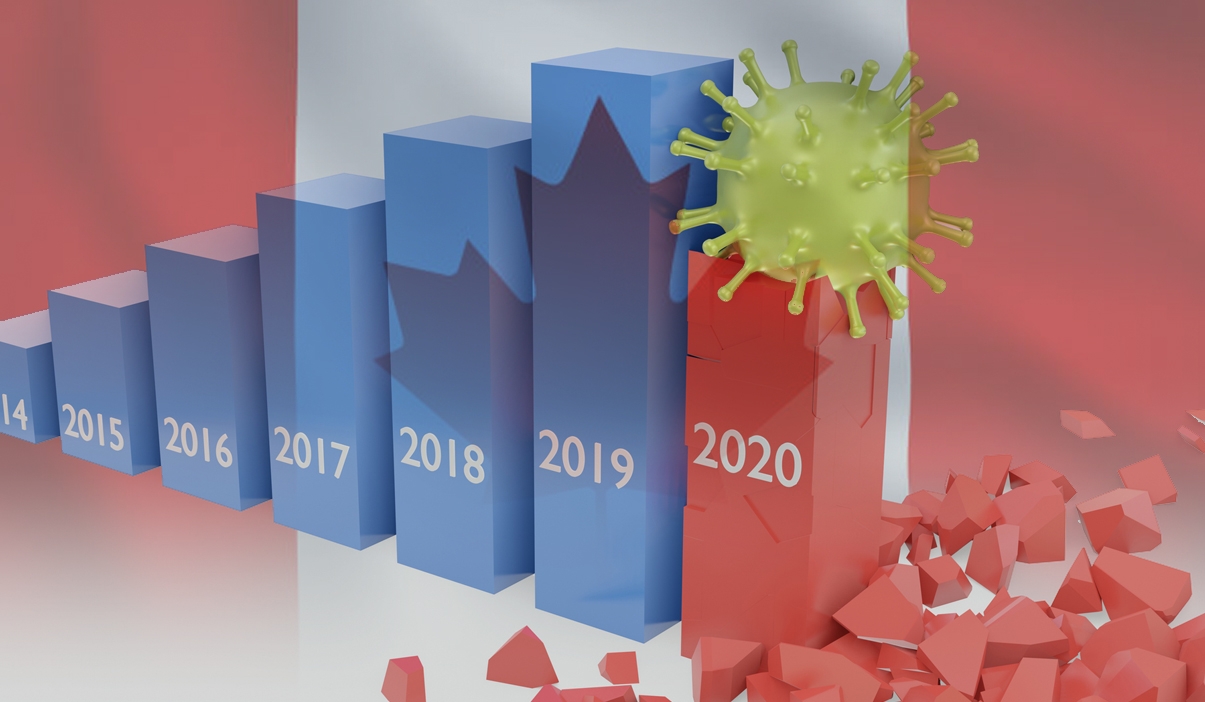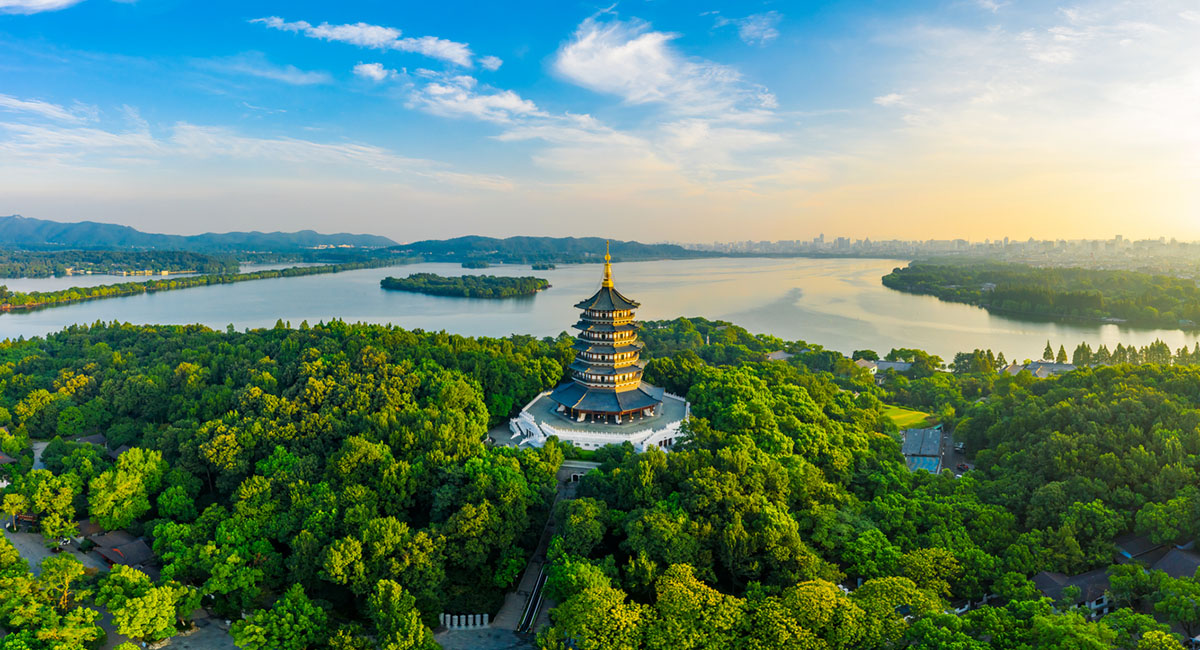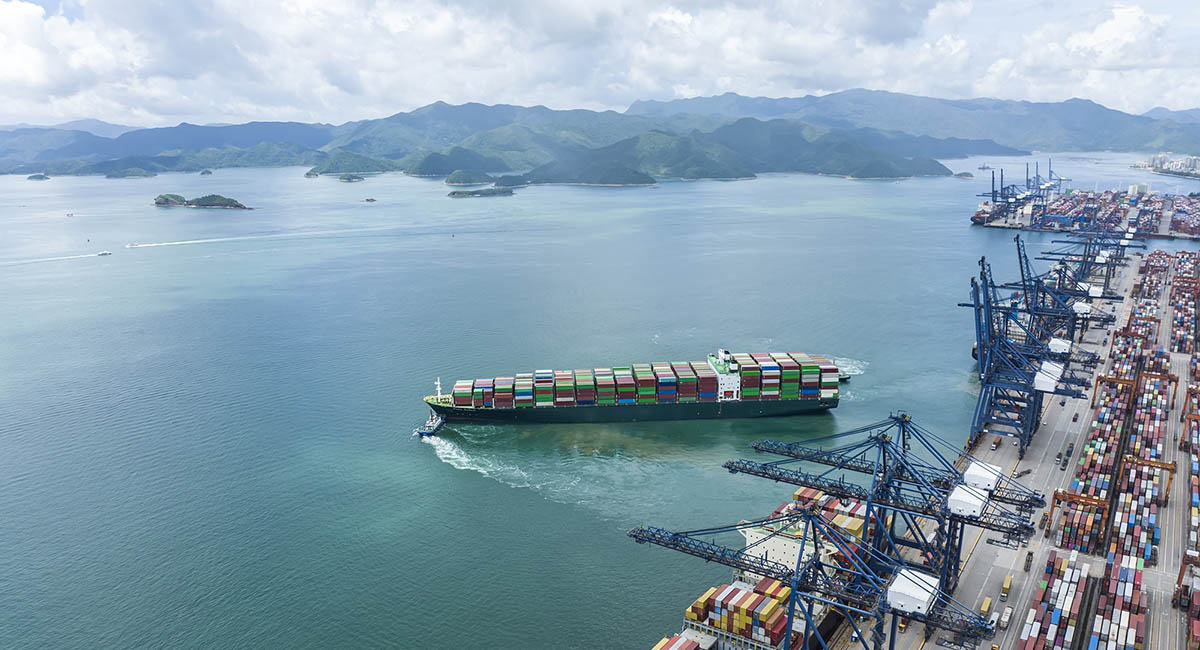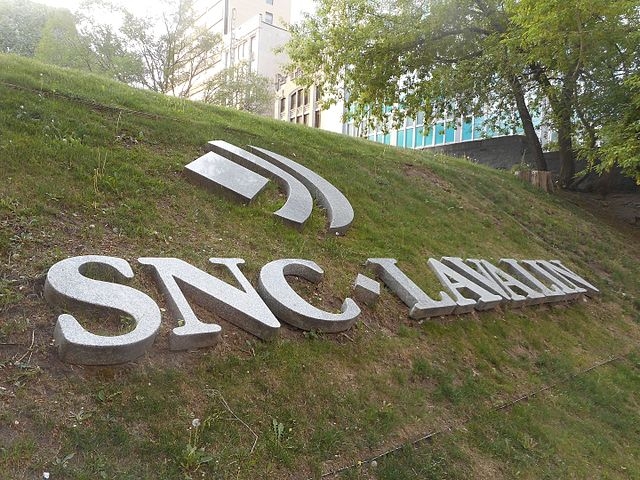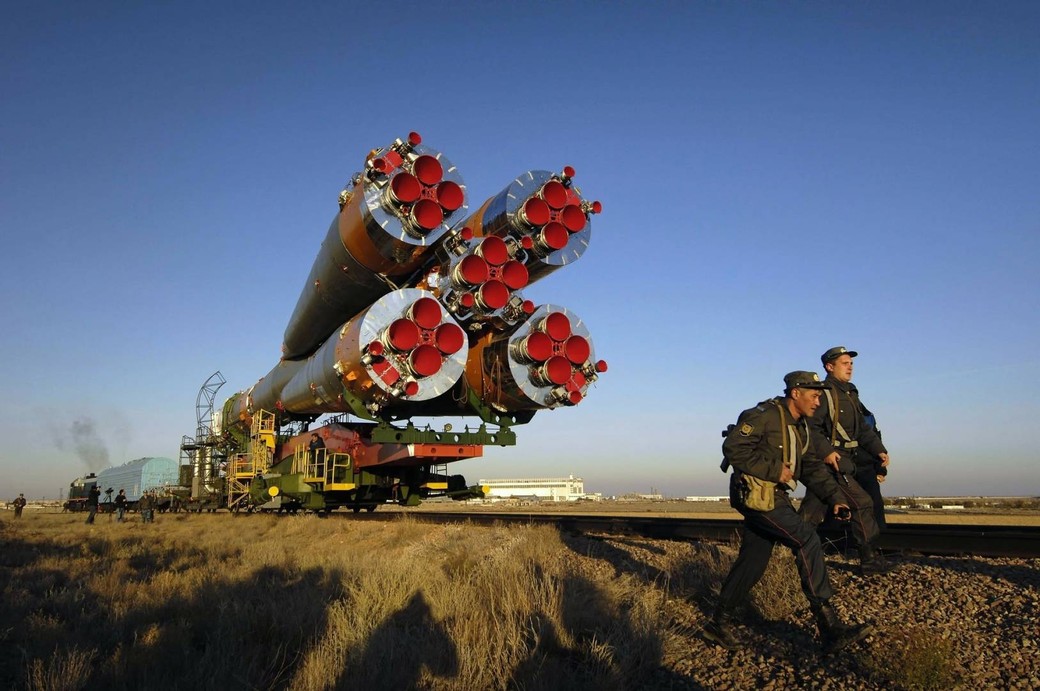
Kazakhstan in Central Asia: Security, Safety and Peaceful Imperatives
Global nuclear disarmament and nuclear non-proliferation, Kazakhstan’s commitments, International Atomic Energy Agency (IAEA) support and the next steps were very much front and centre at the August 28-29, 2016 Conference in Astana on Building a Nuclear-weapon-Free World, co-hosted by the Senate and Ministry of Foreign Affairs of the Republic of Kazakhstan, and Parliamentarians for Nuclear Non-Proliferation and Disarmament (PNND). An impossible task, but Their Excellencies President Nazarbayev, Chairman of the Senate of the Parliament of Kazakhstan and the Minister of Foreign Affairs Idrissov, together with PNND Global Coordinator Alyn Ware, managed to include more than 40 international speakers.
For me, the most poignant and illustrative presentations were the speakers for the “witness” countries where nuclear tests or attacks had effected their territories – i.e. Japan, Marshall Islands, Kazakhstan – describing the tragic loss of lives and long-term human health and environmental impacts. Many articles and books speak of the declarative action by President Nazarbayev on August 21, 1991 to close the nuclear test site at Semipalatinsk (now Semey), after the region experienced 456 underground and atmospheric nuclear weapons tests, conducted by the Former Soviet Union. The timing of this step 25 years ago –supported by world leaders and the IAEA and its members– was indeed courageous as many have written. But, it was also politically bold. It occurred before the articulation of future policy directions and the new constitutions of the newly independent Commonwealth of Independent States.

Kazakhstan is a signatory to the Treaty on the Non-Proliferation of Nuclear Weapons, and the Comprehensive Nuclear-Test Ban Treaty. Its leadership was critical to the establishment in 2006 of a nuclear weapons-free zone in Central Asia, and currently Kazakhstan has a seat as a non-permanent member on the United Nations’ Security Council.
Both legislative tools and a diplomacy approach to international security governance are to be discussed at the first Astana Peace Summit November 2016. The newly-established Nazarbayev International Prize for Contribution to Nuclear Disarmament and Security will be awarded during this Summit.
The concrete steps forward, on a consensus basis –in a world experiencing new threats– will be a serious challenge, particularly with the continuing presence of thousands of nuclear weapons. Ideologies are not new; conflict is not new; nor is a marginalized youth seeking value parameters; and nuclear weapons (now almost a hundred years old) are also not new. However, social media and new technologies are. It is important to focus through parliamentary, regulatory and policy efforts not only on current areas of conflict, but rather on conflict prevention and confidence building. Central Asia’s leadership will soon change (witness recent passing of Uzbekistan’s President Karimov); and there is a new generation growing up who will not have lived in the Former Soviet Union.
The most difficult post-conference discussions were the focusing of priorities, the direction of the Comprehensive Test Ban Treaty, cessation of producing materials under the perennially stalled Fissile Material Cut-Off Treaty, nuclear weapon stockpile reduction, and the Treaty on the Non-Proliferation of Nuclear Weapons. As one international parliamentary speaker said in trying to move the Conference agenda forward: “Where are we most likely to succeed, globally? “
There is still much room for Canada in international policy leadership, including the promotion of its own governance models, particularly the example of our national nuclear regulatory safety and security framework. Global accountability still remains the larger and more difficult question – and greater leadership from the IAEA on all of these issues would be a step in the right direction. This week, world leaders at the 71st session of the United Nations General Assembly will address the critical issues of human rights, refugees and migration, the Climate Change Agreement, conflict prevention and peace.
They will be presented with another opportunity to address a world without nuclear weapons.
 Margaret Skok: Senior Fellow, Global Security
Margaret Skok: Senior Fellow, Global Security
& Politics Centre for International Governance Innovation Ambassador (Retired)

